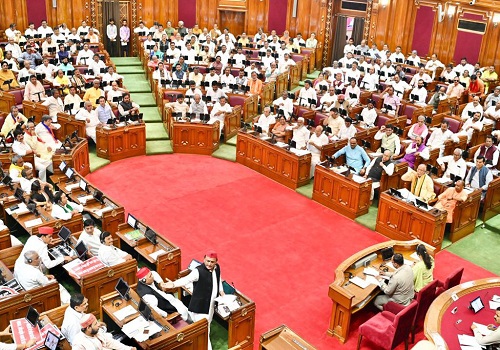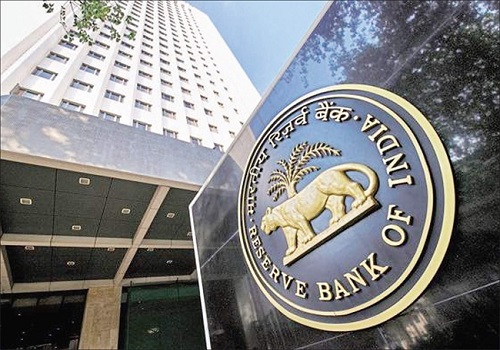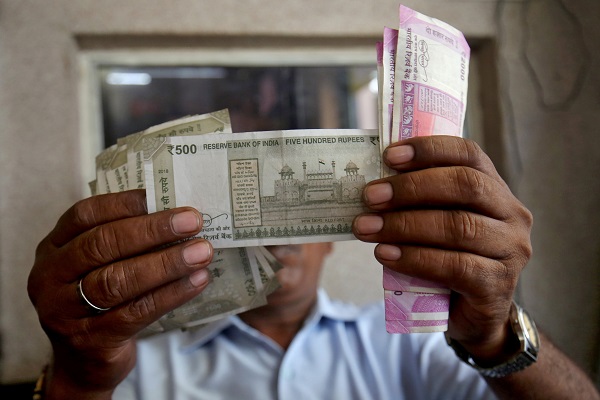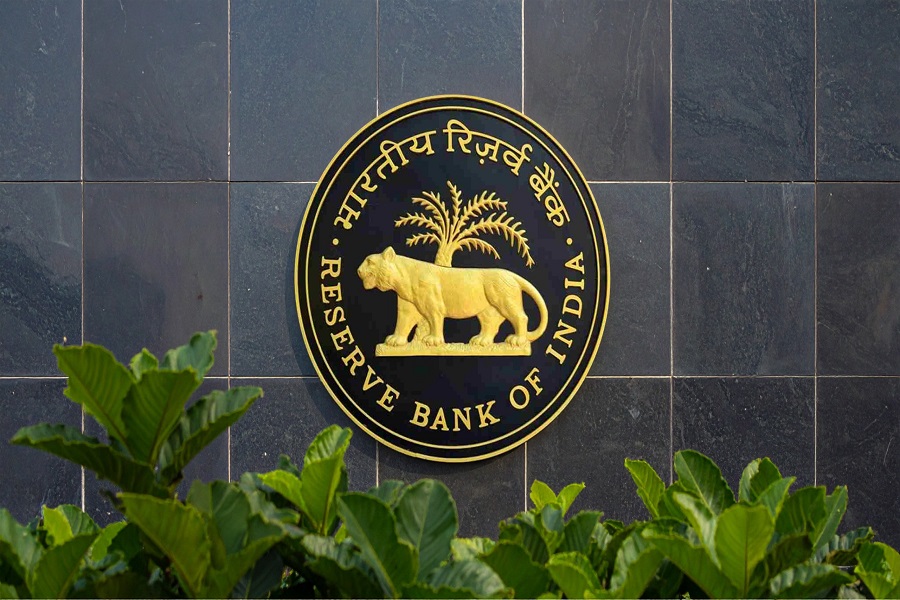Indian economy largely resilient despite global uncertainties around tariffs: RBI

Despite global uncertainties around tariffs, the Indian economy remains largely resilient, supported by strong macroeconomic fundamentals, the Reserve Bank of India (RBI) said on Wednesday.
Easing inflation, improving kharif season prospects, front-loading of government expenditure, targeted fiscal measures, and congenial financial conditions for faster transmission of rate reductions should support aggregate demand in the economy, going forward, according to the RBI Bulletin’s ‘State of the Economy’ report.
"Amid rising trade uncertainties and geo-economic fragmentation, building more resilient trade partnerships presents a strategic opportunity for India to deepen its integration with global value chains. In addition, measures to accelerate domestic investment in infrastructure and structural reforms aimed at improving competitiveness and productivity would build resilience while supporting the growth momentum," the central bank’s document emphasised.
Earlier in the day, a Morgan Stanley report said it expects India’s economy to be the third-largest globally by 2028 and more than double in size to $10.6 trillion by 2035.
The Asian Development Bank (ADB) said that India's GDP growth is projected to grow at 6.5 per cent in 2025, and a robust 6.7 per cent in 2026, amid strong domestic demand, a normal monsoon and monetary easing in the country. When it comes to inflation, the country is likely to clock 3.8 per cent inflation this year, followed by 4.0 per cent in 2026 -- well within the RBI projections, the ADB added.
According to the RBI Bulletin, as intense negotiations are underway for closing trade deals before the new import tariff rates kick in from August 1, 2025, the focus is back on US trade policies and their spillover effects globally.
"Financial markets, however, seem to have taken trade policy uncertainties in their stride, possibly reflecting optimism on reaching trade deals that are less disruptive to the global economy," said the Reserve Bank, adding that even so, "underpricing of macroeconomic risk by financial markets remains a concern".
"The evolving pattern of global trade flows and supply chains are far from settled. These uncertainties pose considerable headwinds to global economic prospects," it noted.
























